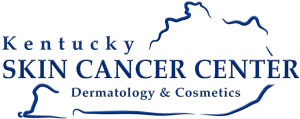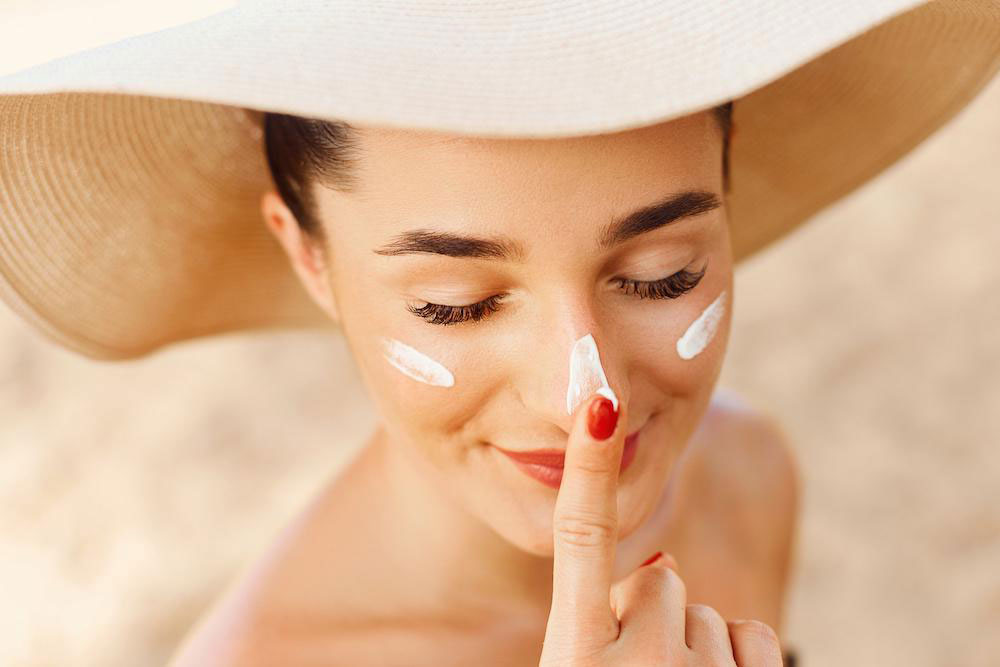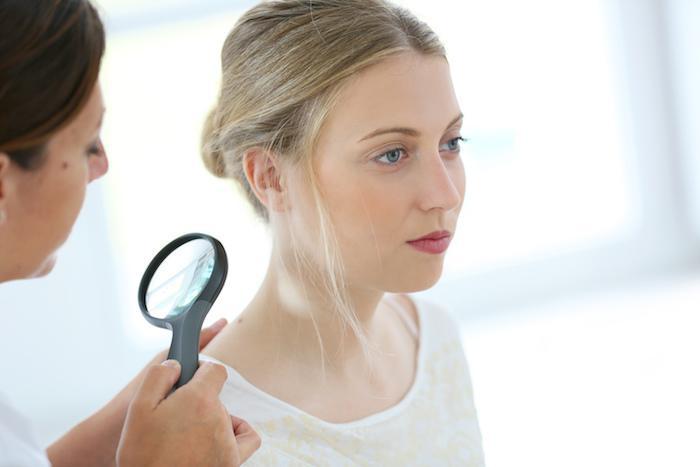It doesn’t seem fair that the sun — the source of so much good — can cause cancer. Just like other things we love in life, like sugary sweets and social media, the sun is best in moderation. Too much of it dries out your skin and gives you freckles, age spots, wrinkles, and yes, cancer.
The good news is that cancer prevention is possible. Here, Dr. Robert Skaggs at the Kentucky Skin Cancer Center shares his best tips for keeping your skin out of danger.
How the sun damages your skin
When the sun’s ultraviolet rays hit your skin, they penetrate the surface and change the structure inside in several ways:
- Depletes your natural oil content
- Damages collagen and elastin fibers (structural proteins)
- Causes pronounced blood vessels that give you a ruddy complexion
- Exacerbates melasma — brownish-gray patches
- Creates sun/age spots
- Alters the DNA in your skin cells
To avoid all this damage, you need to take some serious steps to protect your skin from the sun’s harmful rays.
Tips for preventing skin cancer
Preventing skin cancer doesn’t mean staying out of the sun completely; it just means going into the sun smarter.
- When possible, stay out of the sun by staying indoors, especially during the brightest, hottest times of day, typically from 10 am-4 pm.
- When you do go out in the sun, cover up with clothing like long sleeves, long pants, and a wide-brimmed hat. Stay in the shade whenever possible.
- Consider tanning toxic. Never use a tanning bed, and don’t lie out in the sun with the purpose of getting darker.
- Wear a broad-spectrum sunscreen with an SPF of at least 30 every single day on every part of your exposed skin.
- Remember that the sun can damage your skin even when it’s cloudy outside, and it can also reflect off sand, snow, and water and burn you from below.
- Get to know your skin. Examine your skin often so that you can spot changes such as moles that get bigger, darker, or misshapen. Be aware of new patches of rough, scaly skin or lesions that become itchy, oozy, flaky, and scaly.
- Get familiar with your family’s medical history and whether skin cancer is in your genes.
- Come see Dr. Skaggs at least once a year — more if you’re in a high-risk group.
Skin cancer screenings
If skin cancer is caught in its early stages, you have a great chance of beating it completely. However, if left untreated, some forms can be fatal.
Annual skin cancer screenings can give you the peace of mind that comes from knowing Dr. Skaggs has checked you thoroughly head-to-toe and that your skin is cancer-free. If he does find a concerning mole, spot, or lesion, he can begin treatment right away.
Mohs surgery
Sometimes, despite your best efforts to prevent skin cancer, it happens anyway. If you end up with a form of skin cancer, Mohs surgery is the most advanced surgical technique for excising cancerous tissue without damaging the surrounding healthy tissue.
The technique is effective but requires specialized training and experience. Dr. Skaggs is a leading Mohs surgeon in Kentucky and treats skin cancer successfully with this minimally invasive, precise procedure.
If you think you might have skin cancer or know you do, call us for a face-to-face or telehealth appointment with Dr. Skaggs at either our Bowling Green or Franklin locations today.






